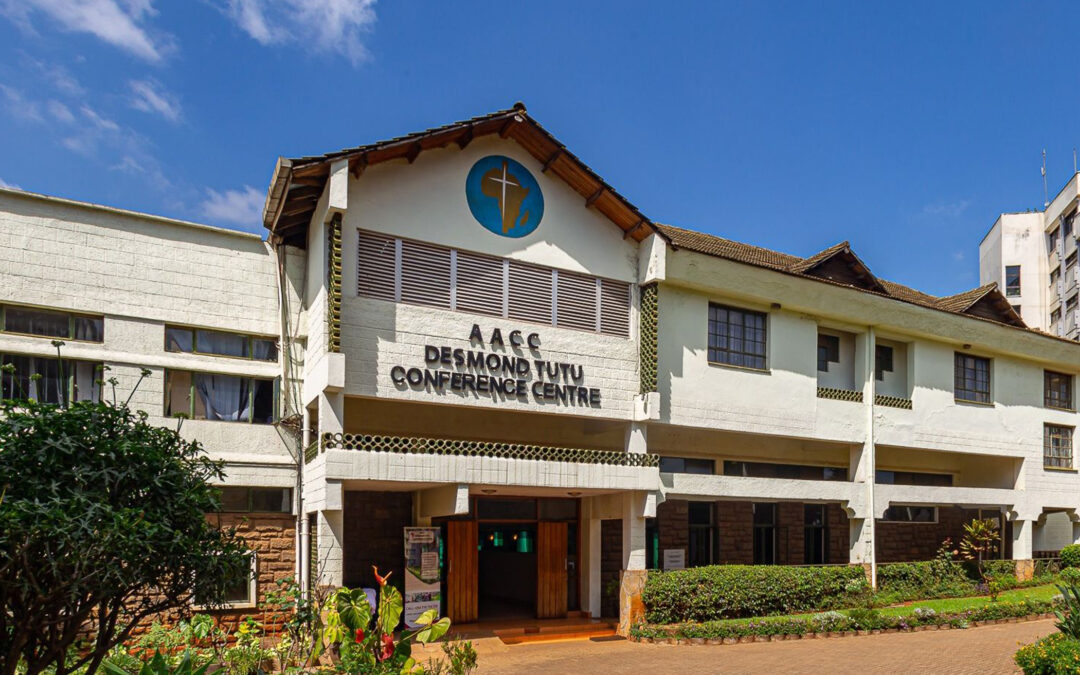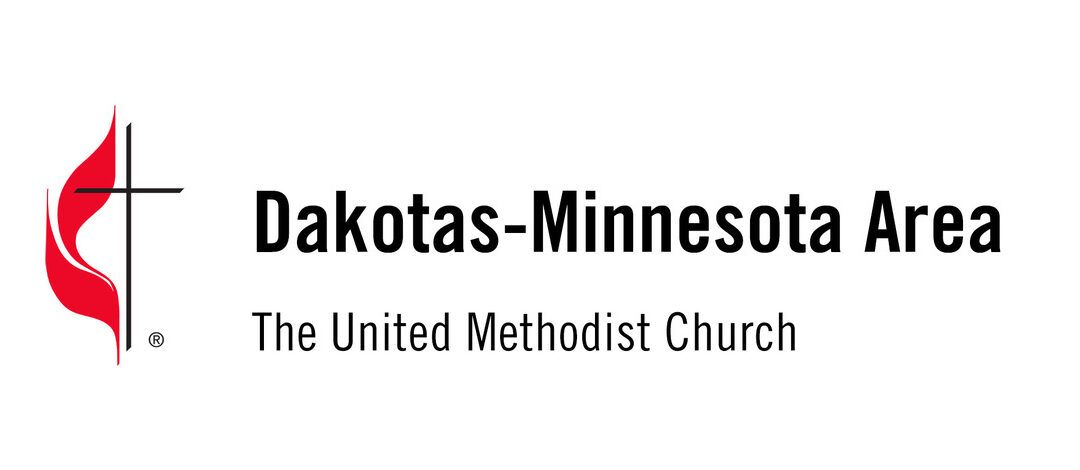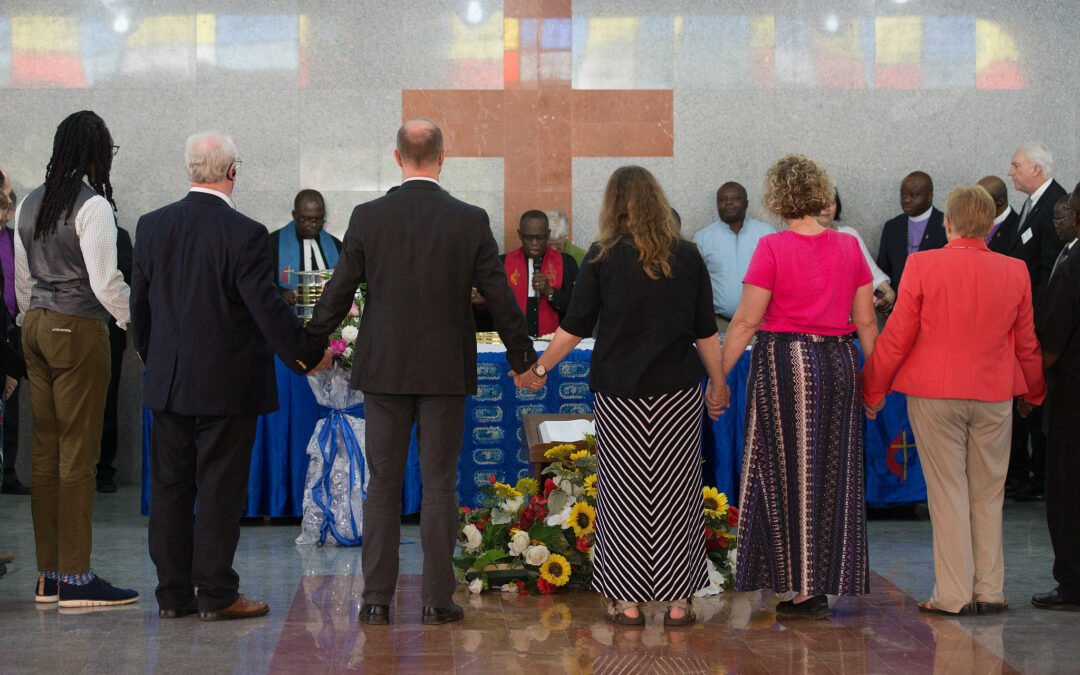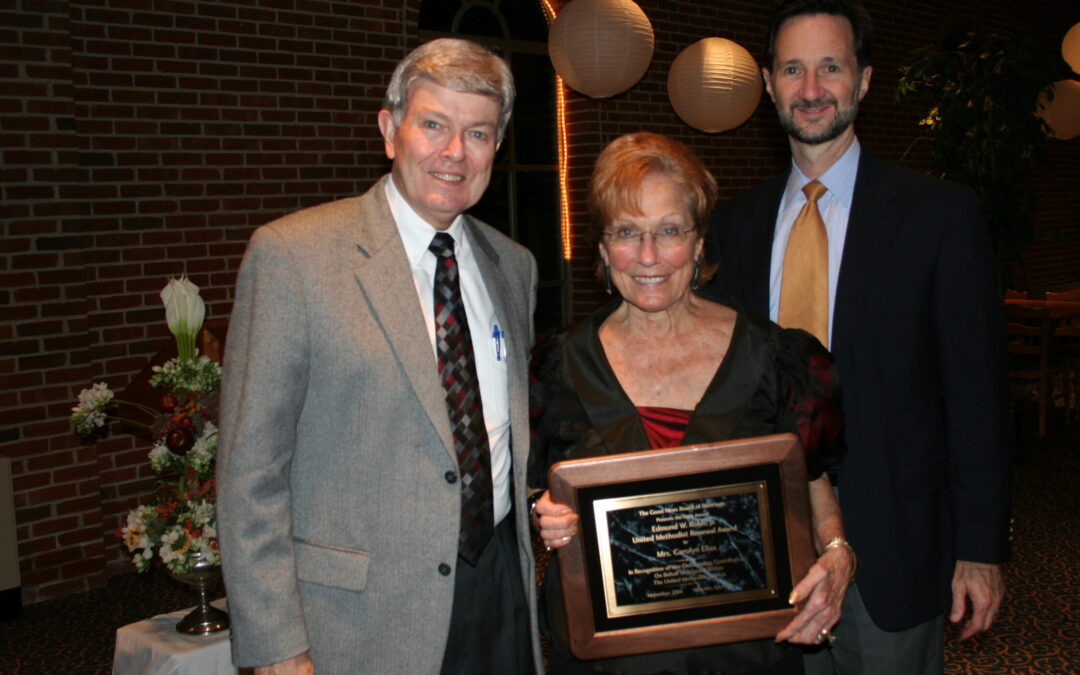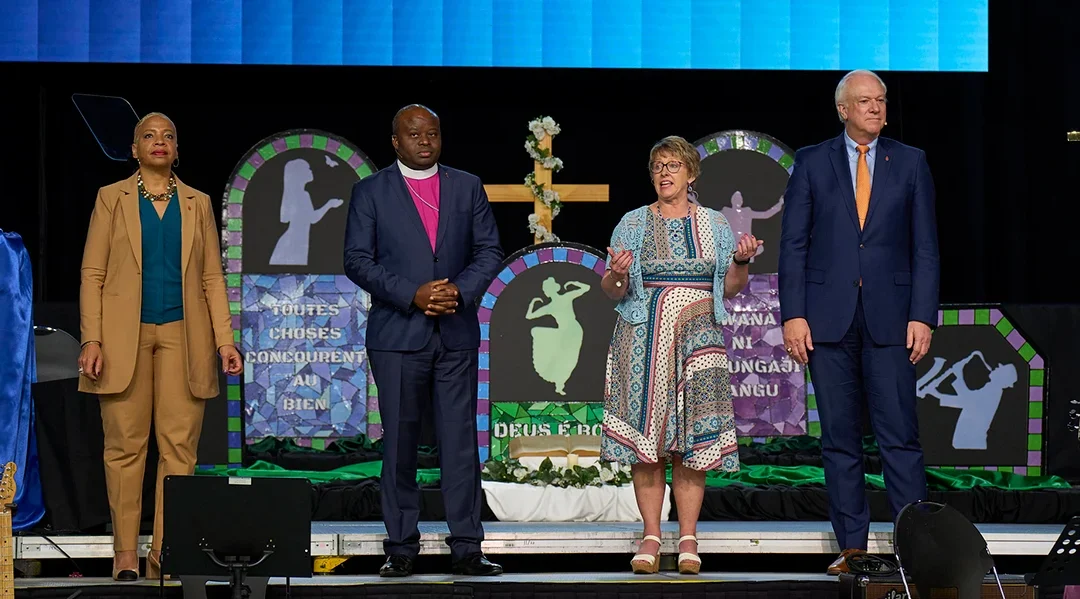
Africans Disenfranchised at General Confernce
Good News is attending the 2024 General Conference of The United Methodist Church meeting in Charlotte, NC, from April 23 to May 3. Our efforts are focused on providing a disaffiliation pathway for annual conferences and local churches that have not had a fair opportunity to discern their future. This particularly applies to United Methodists outside the United States, who have not had the same opportunity to consider disaffiliating under the current provisions that U.S. members had through Par. 2553.
It is widely expected that this General Conference will change the denomination’s definition of marriage to include same-sex marriage, to permit clergy to perform same-sex weddings, and to permit the ordination and appointment of partnered gay and lesbian clergy. There is also a strong push to create a regionalized governance of the UM Church that would have each region of the church developing its own Book of Discipline and creating its own standards and policies for many aspects of the church’s life. (More explanation on regionalization may be found here and here.)
One of the leading stories at the 2024 General Conference is the disenfranchisement of African voices and votes. A significant percentage of African delegates are not present in Charlotte.
Best estimates are that at least 77 of the 278 African delegates are not present at the conference. More than one-fourth of African voices and votes will be lost, due to this underrepresentation.
A “normal” General Conference experiences about 30-40 delegates who do not obtain their visas to travel to the United States. The number of absent delegates this year is twice the level of a “normal” year. Why is this so?
The Commission on the General Conference and its staff are responsible for obtaining the list of duly elected delegates from each annual conference secretary. They then send out invitation letters to the delegates to enable them to make appointments at the U.S. embassy to apply for a visa.
This year, as part of the backlog due to the Covid pandemic, the wait times for visa appointments in some countries is four to six months. Those responsible did not process the needed information in a timely way and sometimes failed to send the letters of invitation early enough to enable delegates to schedule an interview. Some delegates never received an invitation letter. Others traveled to another country at extra expense to have an interview at a different U.S. embassy. Such a tactic often leads to higher rates of visa denial.
When delegates are denied a visa in a “normal” year, elected alternates would apply for a visa in their place. Unfortunately, this year the letters of invitation often did not even reach alternates or did not reach them in time for them to make a visa appointment. The original delegates’ letters were so late that, by the time it became clear that an alternate was needed, the window for available appointments in time to attend the General Conference was past. So, that delegate’s place is going unfilled.
Even after visas were obtained, many African delegates did not receive their travel information (air tickets and hotel) until a week before their departure or less. This gave them little assurance that they would be able to attend the conference and deprived them of adequate time to prepare.
This disenfranchisement of African voices and votes affected different delegations differently.
The Africa Central Conference, with countries in eastern and southern Africa, experienced only four denials out of 25 delegates – a 16 percent denial rate. (15 delegates from this central conference are unaccounted for in our informal survey.)
The Congo Central Conference had 39 denials out of 139 delegates, with five unaccounted for – a 28 percent denial rate.
The West Africa Central Conference had 34 denials out of 86 delegates – a 40 percent denial rate. Cote d’Ivoire lost 47 percent of its delegates. Nigeria lost 68 percent of its delegates. Only Sierra Leone was perfect in seating all its 14 delegates.
This level of disenfranchisement further reduces an already underrepresented part of the church. Currently, Africa contains more United Methodist members than the U.S. However, on paper, African delegates account for only 34 percent of General Conference delegates, while the U.S. has 56 percent. With the further reductions imposed by disenfranchisement, Africans will probably have only 26 percent of GC delegates.
Disenfranchisement extended to the replacement of elected delegates by unelected ones. In at least one annual conference, two duly elected delegates who had received letters of invitation had those letters revoked without explanation.
Even at the site of the General Conference, duly elected alternate delegates that are present in Charlotte are being refused a seat for delegates who did not receive their visas. This leaves the seat empty and deprives their delegation of a vote.
The General Conference plenary session recognized the injustice posed by this situation by approving a resolution with a 95 percent vote calling for an investigation and transparent report to the conference to initiate remedial action for a future General Conference. Of course, that does not fix the current injustice. The disrespectful treatment of African delegates may push Africans to doubt their future with the UM Church and motivate them to consider disaffiliation by whatever means necessary. Such treatment indicates the strong move to railroad through the General Conference both regionalization and the removal of Scriptural language about marriage and human sexuality.

